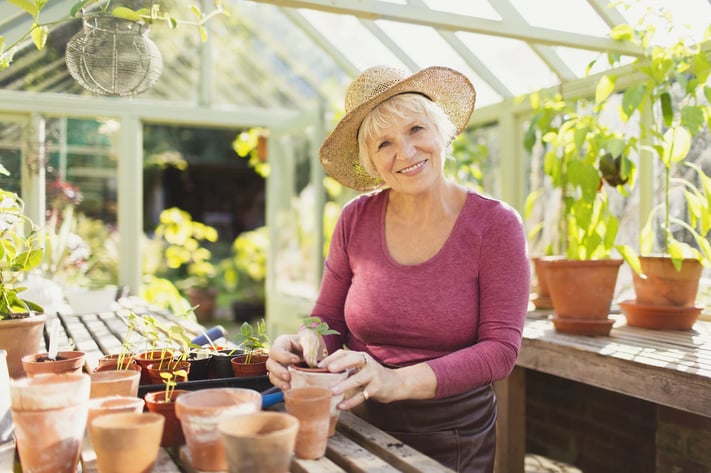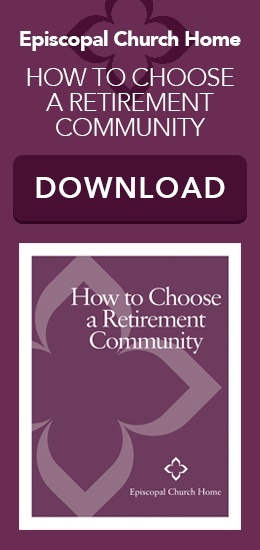
Staying independent is incredibly important for older adults, as independence can help maintain overall health and well-being. In fact, 63 percent of respondents in a recent survey on aging said they worried about losing their independence. Losing independence was the third-highest concern for people in their 60s, behind losing memory and poor health. The loss of independence was the second-highest concern for people in their 70s.
Older adults often worry about losing their independence when relying on other people for their daily needs.
Ways Assisted Living Helps Older Adults Maintain Independence
Assisted living can help older adults keep their independent lifestyles longer in several ways.
Assisted living helps older adults get out and about
Nearly 2 million adults 65 or older are completely or nearly housebound, according to The Commonwealth Fund, and another 5.3 million have a health problem or other limitations that make it difficult to leave their homes.
This means millions of older Americans are not getting the medical care they need to stay healthy, or other types of care that help them remain independent, such as physical therapy for their mobility issues, and eye care that helps them with cooking, shopping, driving, reading, and navigation. Mobility issues also prevent older adults from having lunch with family or friends, going shopping, enjoying day trips, and participating in other activities.
The ECH team is ready to meet residents’ mobility needs. The services older adults need to travel to are conveniently located on the campus. The team arranges transportation for outings and trips. Living in assisted living, residents no longer have to shop a the grocery each week and even can see their doctor on campus in many situations.
Assisted living provides more chances to connect
Nearly one-quarter of adults 65 and older are socially isolated, according to the Centers for Disease Control and Prevention (CDC). Living alone, the loss of friends and family, chronic illness, and hearing loss put older adults at increased risk for social isolation and loneliness.
According to the National Institutes on Aging, research shows that social isolation and loneliness are associated with higher risks of certain health issues, such as high blood pressure, heart disease, obesity, a weakened immune system, anxiety or depression, Alzheimer’s disease, cognitive decline, and even death.
Older adults often worry that moving to a retirement community will end an active social life. The good news is that assisted living communities provide opportunities to meet people who have similar interests. Residents become friends with their neighbors and can increase their socialization.
Assisted living ensures safety and security
Safety and security are important at any age, but personal injury and crime can significantly reduce independence for older adults. Living in an assisted living community can help improve both safety and security.
One out of four adults who are 65 and older fall each year, according to the CDC, and falling once doubles the chances that someone will fall again. About 20 percent of falls cause broken bones, head injuries, or other serious issues that can greatly reduce independence. Certain factors can contribute to falling, such as:
- Difficulty walking;
- Certain medications;
- Health problems, including vision problems, muscle weakness, and vitamin deficiencies; and
- Home hazards, including broken steps, throw rugs, low lighting, and lack of handrails.
Assisted living communities create environments that ensure safety and security. This type of retirement community has staffing to help residents deal with mobility issues, manage their medications, and address health problems. These communities also are built with safety and security measures, such as good lighting and locking doors.
Clearly, assisted living helps older adults stay independent. If you are an older adult or have an older loved one who wants to remain independent for as long as possible, please contact Elizabeth Pace at (502) 273-5481 or email her at epace@erslife.org.












